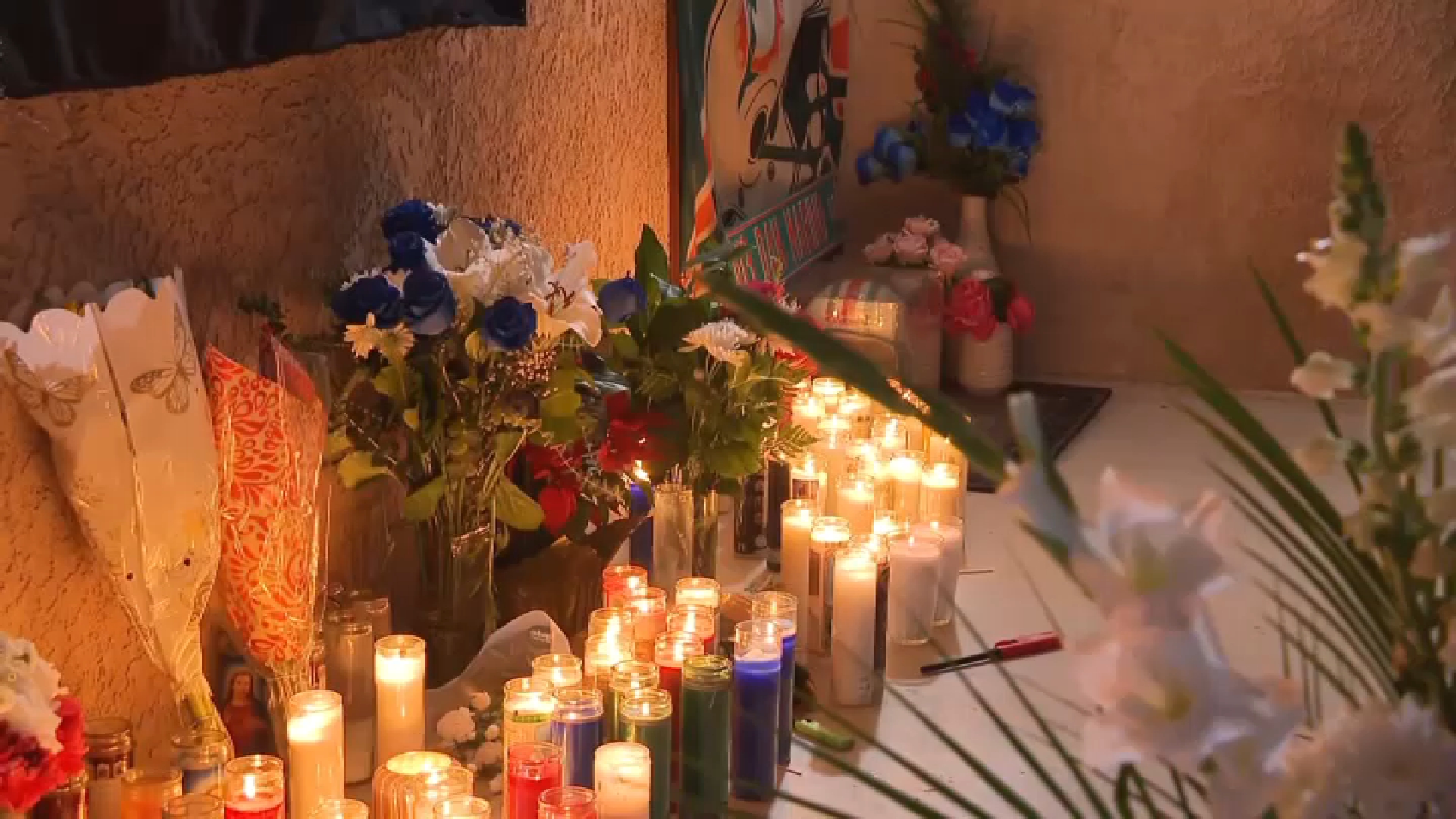Japan's nuclear emergency has some Californians worrying about fallout here in the Golden State.
The only thing between the Fukushima Dai-ichi nuclear plant along Japan's northeastern coast and the California coast is the Pacific Ocean and active jet stream that often makes a direct path between the two. Radiation experts in both public and private sectors are quick to say that the likelihood of anything making it across the 5,000 mile Pacific is minimal.
The Japanese government says dangerous levels of radiation are leaking from the crippled nuclear plant and have ordered 140,000 within 30 kilometers of the plant to seal themselves indoors. Nearly 200,000 more are under mandatory evacuations.
Greg Jaczko, chairman of the Nuclear Regulatory Commission, said Monday in Washington, D.C., "based on the type of reactor design and the nature of the accident, we see a very low likelihood -- really a very low probability -- that there's any possibility of harmful radiation levels in the United States, or in Hawaii or in any other U.S. territories."
The federal government has radiation detectors throughout the country that are constantly monitoring for signs of trouble.
The network is called RadNet and it regularly collects air, precipitation, drinking water, and milk samples for analysis of radioactivity.
There are stations in every large city in the state.
- Anaheim
- Bakersfield
- Eureka
- Fresno
- Los Angeles
- Richmond
- Riverside
- Sacramento
- San Diego
- San Bernardino
- San Francisco
- San Jose
Even the smallest chance of a threat is causing concern for many. Some people are trying to get their hands on potassium iodide tablets at their local pharmacy and radiation detectors have become a hot seller on Amazon.
Santa Clara County's public health officer Dr. Martin Fenstersheib told the Mercury News he does not recommend getting the tablets, adding some people can be severely allergic to the iodine.
"There is no reason for doing it," Fenstersheib told the paper. "I understand that people are afraid of the unknown. Even with earthquakes, we're used to them. It's a scary thing when people say 'nuclear contamination.' It's something you can't see, and because you can't see it, people are afraid. It's a normal human reaction. But there's no risk at this point."
Local
Get Los Angeles's latest local news on crime, entertainment, weather, schools, COVID, cost of living and more. Here's your go-to source for today's LA news.
Kelly Huston of the California Emergency Management Agency said state officials, along with the Nuclear Regulatory Commission and the California Energy Commission, are watching the situation. He also said people who buy potassium iodide tablets don't need to.
"Even if we had a radiation release from Diablo Canyon (in San Luis Obispo County), iodide would only be issued to people living within a 10-mile radius of the plant," Huston said.



